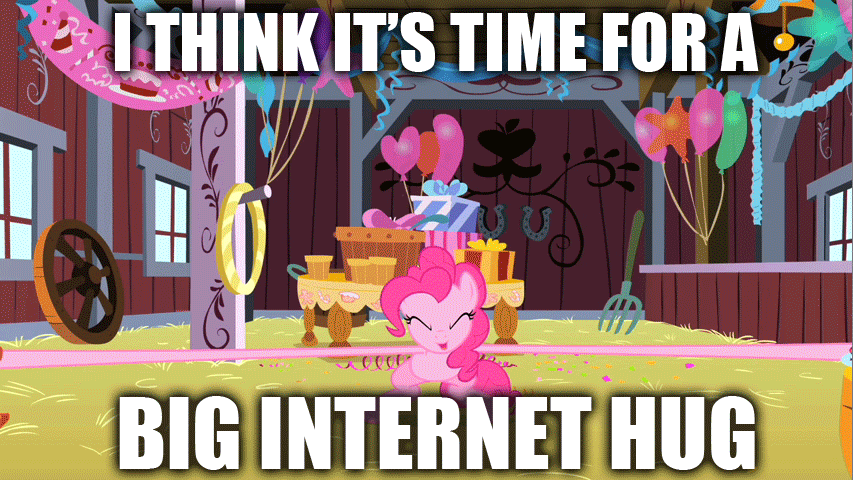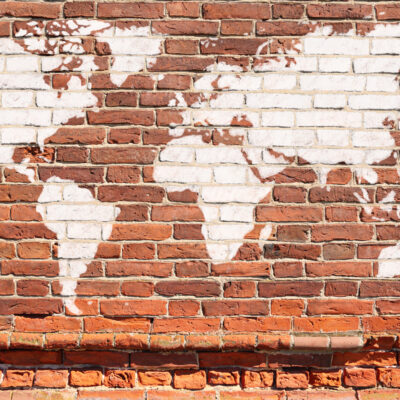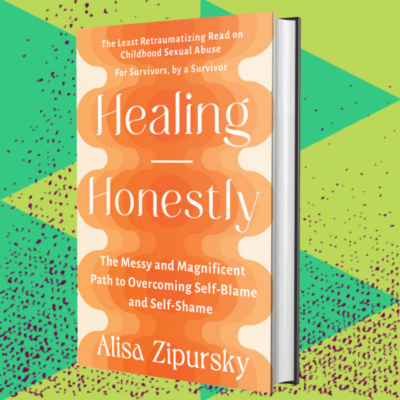This story may contain descriptions of PTSD symptoms, discussion of child sexual abuse, and the effects of trauma.
Welcome to Ask a Survivor!
It is my absolute pleasure to introduce the new Ask a Survivor section of Healing Honestly, where I will be sharing Q&A’s with other survivors, who will share with us, in their own words, their healing journeys.
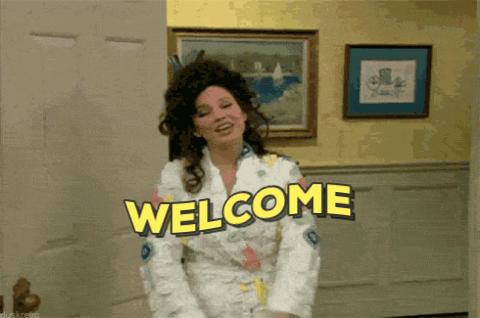
I can think of no person more perfect to kick this off with than Aparna. I’ve been nagging her to write for the website for months, because, not only is she a beautiful writer (as you’ll see for yourself!), but our friendship has been the single most motivating factor in my continuing this Healing Honestly endeavor. It’s, quite literally, why I do it.
Aparna stumbled upon my Thought Catalog article about boxing to manage PTSD, and reached out to me, sharing her own story of surviving familial child sex abuse. It began a beautiful long-distance friendship from Washington, DC to Bangalore, India, and was my first experience of meeting another survivor like myself and understanding the healing power of knowing someone else going through the same journey.
It’s impossible to communicate what our friendship has meant to me, but I think when you read Aparna’s words for herself, you’ll understand what is so special about her, and what is so special about survivors knowing one another.
If you are a survivor and would like to tell your story (for those who prefer, pseudonyms are cool!), email me at alisa [dot] zipursky [at] gmail [dot] com.
Meet Aparna, 23-year-old-doctor (!), bookworm, and sex abuse survivor
Alisa: Let’s talk about you, because you are a TOTAL BOSS and people NEED TO KNOW.
Aparna: Hi everyone! My name is Aparna, and I am 23-years-old and hail from Bangalore, India. I am currently doing my internship in Bangalore and am a few months away from getting my medical degree and *officially* being a practising doctor. (Alisa: You guys, she’s about to be a 23-year-old doctor. Let that sink in.)
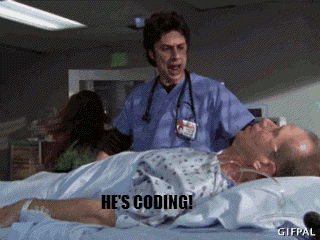
When not working, I devour books and love to write. I have a life full of amazing people and feel deep gratitude for their presence everyday.
Also, I am a survivor of sexual abuse and have Post-Traumatic Stress Disorder (PTSD), but, as with any aspect of my personality, it is not the only thing that defines me.
Healing can be exhausting and painful, but our lives can also be full of joy and love.
Alisa: One of the many things we have in common is that our relationships to our traumas has changed so much in such a short period of time. Can you tell us about your healing journey?
Aparna: I was sexually assaulted nearly ten years ago. This is my estimate of when it occurred, because, like so many survivors of child sexual abuse, the trauma has blurred my memories.
I repressed the trauma for nearly nine years and went on to live with untreated PTSD, in addition to a major depressive disorder and social anxiety. It was a slow process of dealing with the weight of those mental health conditions first before I could get around to dealing with the core issue of my sexual trauma.
Treating my PTSD required me to understand that deep down my brain and body knew that something very wrong happened to me, even though the implications about what that meant for me and for my family were so complicated.
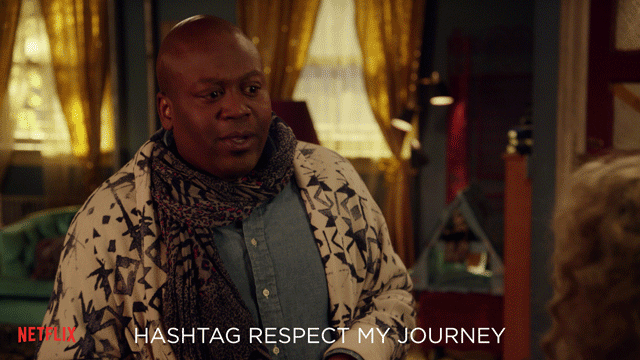
It was a long, exhausting process and I could not have gotten through it without some amazing people that have literally saved my life multiple times. Though my PTSD is well managed now, I am still dealing with the effects and scars that the trauma has left behind.
Not the nicest thing to do with your time, but it’s been completely worth it.
Culture definitely influenced how people received the news about my sex abuse, but what is really important is all ways that culture actually didn’t influence my experience.
Alisa: Our friendship is my favorite Internet experience, ever. Can you tell the people how you found me and we became cross-global friends?
Aparna: It may sound silly, but I have this faith that things fall into place when you really, really need it.
A friend of mine introduced me to Thought Catalog and it was while browsing through some random articles I happened to come across your story about how boxing helped you feel safe and deal with the insanity that is PTSD.
I was so blown away by your humour, your honesty and your sheer courage in being that transparent about your journey. (Alisa’s note: blushinggggg) What struck me the most was how you understood exactly what PTSD meant and what trauma like ours actually does to survivors.
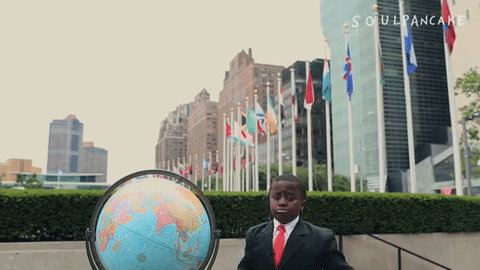
Reading your articles made me realise that I still had a long way to go on my journey, but also that I would be okay. I realized that healing can be exhausting and painful, but our lives can also be full of joy and love.
I felt understood.
I reached out to you through email, and, somehow, we just clicked. It became a beautiful friendship, and, insanely, it just works. (Alisa: 100% agree!)
Alisa: Something that never ceases to amaze me is how similar our experiences in healing are despite the fact that we grew up and live several oceans apart. What do you think remains the same for us, as child sex abuse survivors, regardless culture or geography?
Aparna: We come from very different communities. You’re American, I am Indian. We grew up in different communities halfway across the world from each other, have different professions, and have very different futures ahead of us.
But we are bonded together because we were both hurt by people who were supposed to care for us.
We both carry scars from those experiences and we both are constantly dealing with how it changed everything in our lives in such a short time.
We both work to understand and accept the way trauma has changed our brains, which includes memory loss and how that may affect our ability to accept our traumatic history.
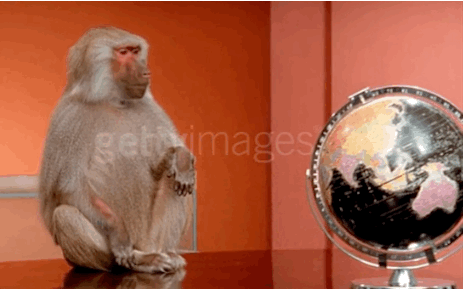
We deal with our bodies still carrying around the memories of what happened and learn to manage physical reactions that we might have.
We still struggle with feeling safe, grounded, and sane every time something triggers our PTSD.
We struggle with making peace with our past, while also not letting it define who we are.
We talk things out, troubleshoot, and try to help the other person through any rough patches.
We cheer on each other’s achievements and beam proudly at all the changes that we have gone through.
Like I said before, it just works.
Alisa: Tell me about what it’s like to be a survivor in your community.
Aparna: I was born in the beautiful state of Kerala and by virtue of my ancestors hailing from the same place, I belong to a Nair community. I am a Malayali, or Mallu, as many people love to call it.
I grew up in Bangalore and spent my formative years in one of the most beautiful and tolerant places that can exist. Bangalore stole my heart and made my introverted self feel safe and at home with more bookstores, parks and lakes than my little heart could ever ask for.
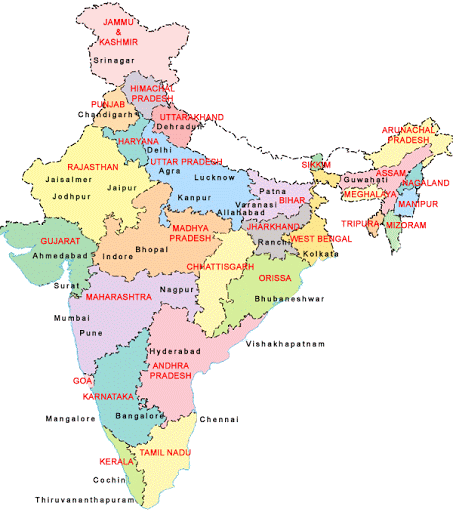
The open mindedness, the tolerance, and the respect for people who have differing opinions and practices was so critical; these were virtues that were put to the test when everyone was confronted with the truth of what had happened to me.
India is a very conservative society. Talking about sex, nevermind sexual abuse, especially abuse by a family member, is something that is horrifying to everyone involved.
But people stepped up, people grew up, people faced their own fears and helped me deal with mine too. They helped me find peace, love, safety and grace in my life again. Sex is still sort of a taboo topic in my family, but there is more honesty, open mindedness and freedom now.
Culture definitely influenced how people received the news about my sex abuse, but what is really important is all ways that culture actually didn’t influence my experience.
Because, regardless of culture, what it all eventually comes down to how much you care about the person suffering, and how much you are willing to go through to help them heal. It comes down to love, and that is something that is universal all around the world.
Connecting with other survivors helped me to save my own life.
How healing from sexual trauma affects relationships
Alisa: Something all of us as survivors have to contend with is how our trauma affects our relationships within our families. What’s it been like for you to navigate those familial relationships?
Aparna: Sexual abuse is a dark topic, and, when the perpetrator is close to or a part of the family, it makes things a lot worse. It took time for people to accept that something like that happened and deal with the horror and guilt before we could move forward together. It can be hard for survivors because often we have to deal with our family member’s emotions on top of our own.
It is really difficult to make the decision to open up about the trauma. We realise what we are asking of our family and friends. But their love, acceptance and support means the world to us and can be crucial to helping us heal.
Alisa: Something people might be surprised to learn we talk A TON about is about our love lives. I think sometimes survivors are treated like we should just be grateful to be safe, that often there isn’t a lot of attention placed on our desires to have the happy and healthy love lives that we are entitled to.
Aparna: Dating as a survivor of sexual abuse is in a league of it’s own. We not only have to deal with the massive trust and intimacy issues that PTSD causes, but we also need to manage the normal issues of dating, like figuring out whether we like someone, whether someone else likes us, whether it is healthy, whether we are doing the right thing.
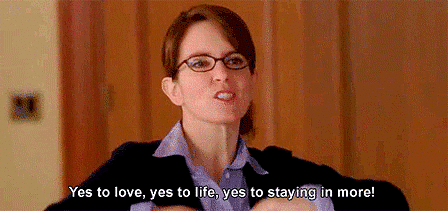
But one issue that I have come back to over and over again is the struggle that we have with self-worth.
It takes time to accept all your scars and wounds. It takes time to accept that you deserve to be happy too, that you deserve to feel safe and loved too, and that you deserve to be in a healthy, amazing relationship. You deserve it all, and demanding what you deserve is always worth it.
Alisa: Our friendship has fueled me in my darkest moments. When I feel afraid, messages from you help me to feel brave and remember that the work I do is both for myself, but also for all of us. While having the support of friends and family is so important, there’s nothing like having another survivor in my life that can stand beside me and say “Yes, I see me in your words, and you’re not crazy, I feel this way too.”
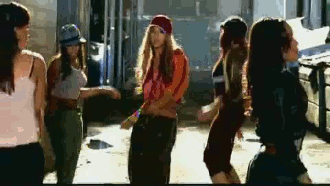
Alisa: In particular, I remember my piece in Teen Vogue was being published on Father’s Day. I woke up so nervous to see the piece and the first thing I see on my phone was a series of messages from you sending me love and support. And I was like damn, she knew it was Father’s day here in the US, and knew I’d need this extra support. It was amazing. I never felt alone for a single moment.
What is so magical about survivors knowing each other?
Aparna: Connecting with other survivors helped me to save my own life.
Trauma has a way of breaking you, of making you feel insane and out of control when it gets triggered. Finding out that other people understand what I am going through and understand just how terrifying it can actually be has been one of the most comforting and restorative things that I’ve ever found.
Talking to someone who could see me clearly and talk me through the terrifying moments, saved my life. Truly. I know for a fact that you saved me this one night when you talked me through one of the longest, most brutal panic attacks that I have ever had.
Alisa: If you could share one message with other survivors, what would it be?
Aparna: My message to other survivors is that that it gets better, I promise. All the work that you put in and all the healing that you go through helps.
You deserve peace. You deserve safety. You deserve respect. You deserve love, from other people, but also from yourself.
You are not alone. There are people who understand, people who care about you, people who hate to see you hurt. Reach out. Get help. We are here and ready to stand beside you.
